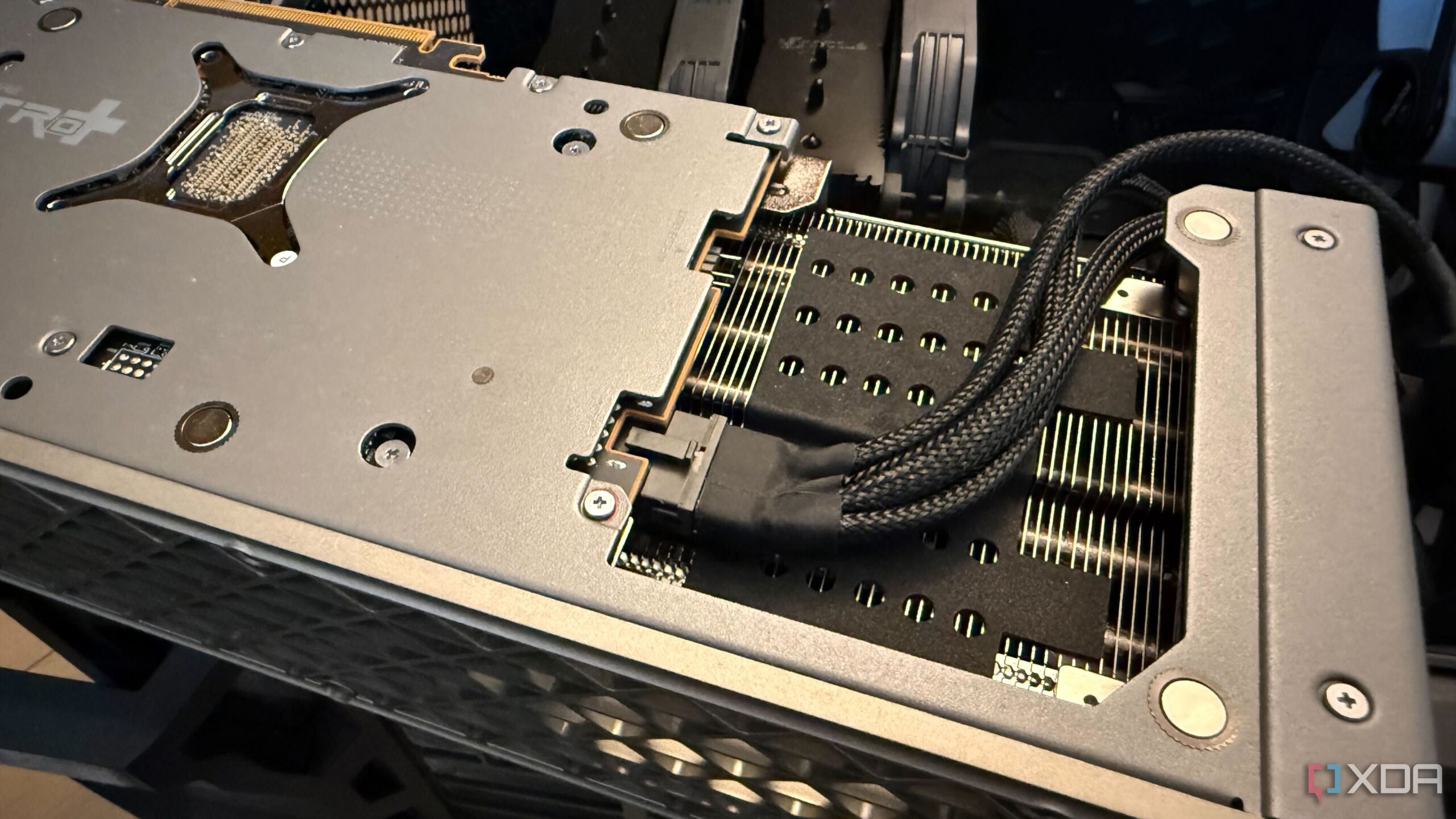Top Stories
Clock Speed in Gaming PCs: Why It’s No Longer a Key Metric

URGENT UPDATE: New insights reveal that clock speed is becoming a less significant metric for evaluating gaming PC performance. As of October 2023, experts stress that modern CPUs and GPUs have evolved, making architectural design far more critical than raw clock speed figures.
Gaming enthusiasts are urged to rethink their component selection strategies. While numbers like 5.6GHz for CPUs and 3,000MHz for GPUs catch the eye, they no longer provide a reliable measure of performance. For instance, the Ryzen 7 7800X3D frequently outperforms the i9-12900KS in gaming despite having lower turbo capabilities. This shift underscores how architectural advancements and cache sizes now play a pivotal role in real-world performance.
Experts explain that clock speed, which indicates the number of cycles a processor executes per second, is less relevant in today’s diverse tech landscape. A decade ago, comparing clock speeds was a feasible approach, but now, differences in CPU and GPU architectures make such comparisons nearly meaningless. For example, the AMD RX 7900 XTX may boast higher core frequencies than the NVIDIA RTX 4090, yet it often lags behind in framerates.
Why Architecture Matters: At the heart of processing power lies the IPC (instructions per clock), which directly influences how much work a processor can accomplish. Two chips operating at the same clock speed can yield vastly different performance levels based on their IPC. Modern architectures, such as AMD’s Zen 5 and Apple’s M-series chips, demonstrate how efficiency and throughput advancements can lead to greater performance without necessarily increasing clock speeds.
Moreover, it’s crucial to understand that boost clocks—advertised maximum speeds—are not guaranteed. These numbers represent ideal scenarios rather than consistent operational speeds. Realistically, during intensive gaming, CPU and GPU frequencies fluctuate based on thermal conditions, power delivery, and voltage limits. A system that maintains steady frequencies under load will outperform one that spikes but ultimately throttles.
Exceptions to the Rule: While clock speed is less critical overall, there are niche scenarios, such as specific simulation or strategy games, where it may still offer measurable benefits. However, experts advise against relying solely on frequency metrics when making purchasing decisions.
As we delve deeper into October 2023, the consensus among tech experts is clear: focus on architecture, efficiency, and sustained performance rather than just clock speeds. For those in the market for new components, this shift in perspective could lead to more informed and effective choices.
Share this important update with fellow gamers and tech enthusiasts to help them make smarter decisions in today’s rapidly evolving landscape.
-

 Top Stories2 weeks ago
Top Stories2 weeks agoMarc Buoniconti’s Legacy: 40 Years Later, Lives Transformed
-

 Health2 weeks ago
Health2 weeks agoInnovative Surgery Restores Confidence for Breast Cancer Patients
-

 Sports4 weeks ago
Sports4 weeks agoSteve Kerr Supports Jonathan Kuminga After Ejection in Preseason Game
-

 Entertainment4 weeks ago
Entertainment4 weeks agoZoe Saldana Advocates for James Cameron’s Avatar Documentary
-

 Science4 weeks ago
Science4 weeks agoChicago’s Viral ‘Rat Hole’ Likely Created by Squirrel, Study Reveals
-

 Politics4 weeks ago
Politics4 weeks agoDallin H. Oaks Assumes Leadership of Latter-day Saints Church
-

 Business4 weeks ago
Business4 weeks agoTyler Technologies Set to Reveal Q3 2025 Earnings on October 22
-

 Lifestyle4 weeks ago
Lifestyle4 weeks agoKelsea Ballerini Launches ‘Burn the Baggage’ Candle with Ranger Station
-

 Business3 weeks ago
Business3 weeks agoZacks Research Downgrades Equinox Gold to Strong Sell Rating
-

 Business3 weeks ago
Business3 weeks agoBusiness Schools Urged to Prioritize Economic Freedom Education
-

 Top Stories2 weeks ago
Top Stories2 weeks agoBOYNEXTDOOR’s Jaehyun Faces Backlash Amid BTS-TWICE Controversy
-

 Health2 weeks ago
Health2 weeks ago13-Year-Old Hospitalized After Swallowing 100 Magnets









